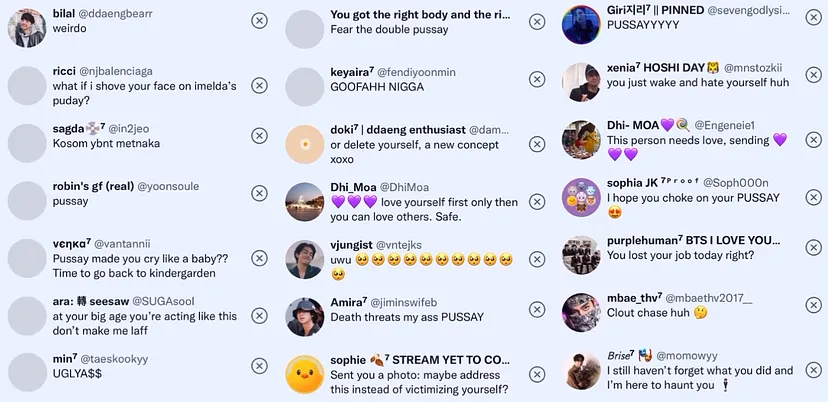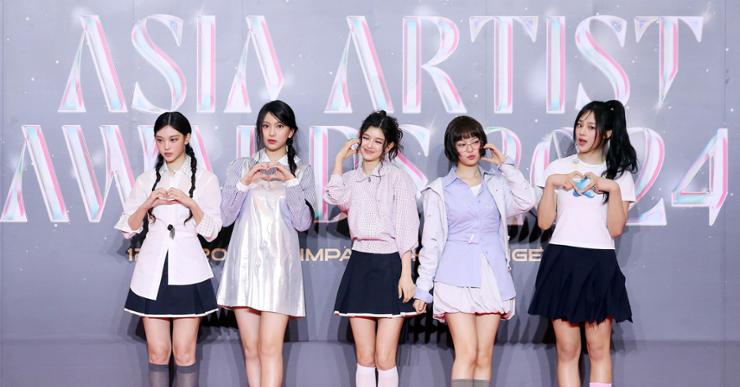Cyberbullying in K-pop fandoms has become a growing issue, with victims facing racial slurs, intimidation, and even death threats. Speaking critically about a K-pop act online can provoke an onslaught of abuse from fans. Journalists, in particular, have hesitated to address this problem due to fear of being targeted themselves.
The Dark Side of K-Pop Fandom

K-pop fandoms are often celebrated for their positivity. From sponsoring subway ads celebrating idols’ milestones to donating rice for underprivileged communities at concerts, their acts of kindness are commendable. They’ve also garnered global attention by mobilizing for causes, such as sabotaging attendance at a Donald Trump rally.
However, this immense influence comes with a darker side. K-pop fans are quick to attack anyone deemed to have criticized their idols or labels. Speaking out against an artist, questioning decisions, or even supporting another group can make you a target. The abuse is especially harsh for women and journalists, who are subjected to relentless online attacks.
Once targeted, the bullying is often relentless. Cyberbullies dig through online profiles, send spam messages, and even contact employers in attempts to tarnish reputations. A notable case involved Juwon Park, a reporter who faced weeks of online harassment after questioning a controversial collaboration on a BTS album. Fans even created fake accounts to discredit her.
This toxic behavior isn’t limited to journalists; anyone who voices dissenting opinions can become a target. Victims are labeled as “antis” and bombarded with hateful comments. Attempts to engage or explain are futile, as trolls dismiss criticisms and resort to whataboutism.
Many media outlets, relying on K-pop engagement, avoid addressing the issue. Some journalists who are also fans downplay the problem, claiming it’s limited to a fringe minority. However, victims of K-pop cyberbullying strongly disagree. Online hate campaigns can last for weeks, aiming to silence critics.

Ironically, the behavior of toxic fans contradicts the messages of love and kindness promoted by K-pop groups. While labels are quick to defend their artists against online defamation, they remain silent on the harmful actions of their fans.
Fan culture can be powerful and positive, but extremism tarnishes its reputation. Being a fan does not justify being a bully. Until this issue is addressed, those speaking critically about K-pop must tread carefully, as they may become the next target.





